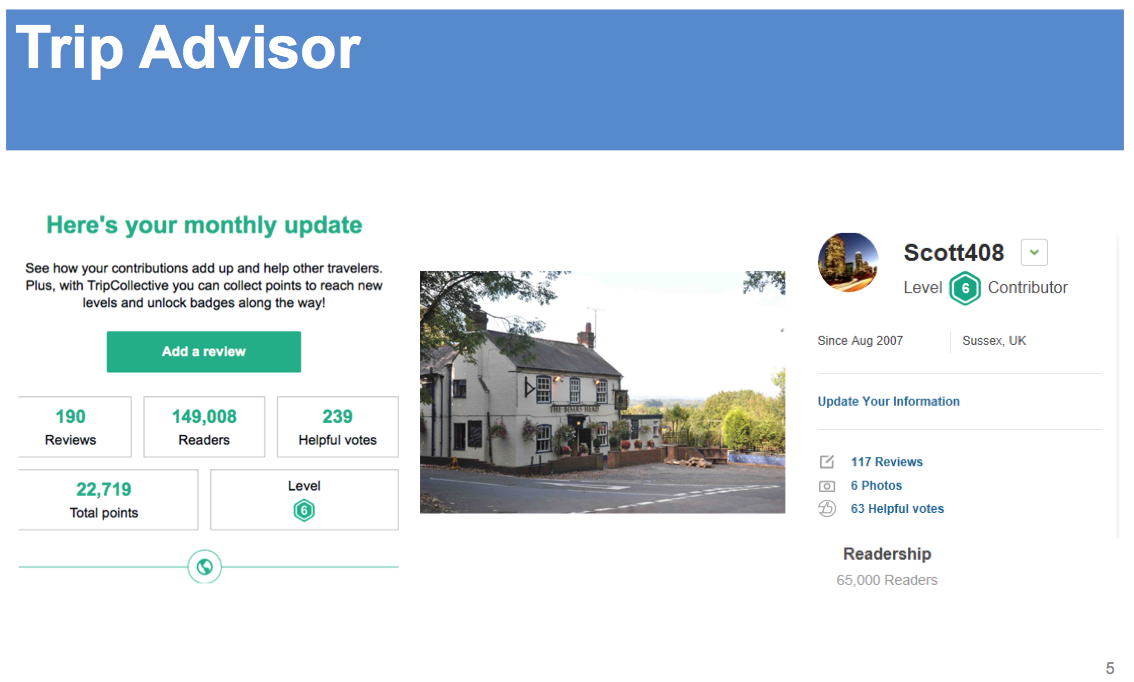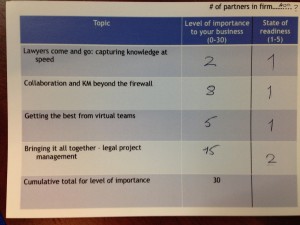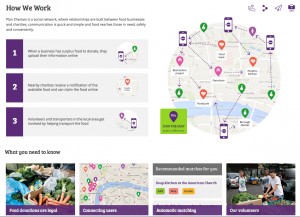Not a lot if the responses to the survey Martin White and I ran are anything to go by. With most responses acknowledging importance of expertise to their organisation, and against a backdrop of reports suggesting that 1:5 of the workforce in the US will retire within 5 years and that 77% of employees are actively looking for a new job, it seems to us a good time to be taking a deep dive into the topic of Expertise Discovery.
How would you have answered this question? Your options are:
- We have a policy which values expertise sharing
- We have a Knowledge Management policy but there is no specific reference to expertise sharing
- We have a KM policy and are planning to include expertise sharing
- We do not have a KM policy but are planning to develop one
- We have no plans to develop a KM policy or a ploicy that values expertise sharing.
57% of responses ticked 4 or 5. There is much to discuss and yet the claims made today are that you can buy a product that will solve the issue at the press of a button. Maybe? Is your organisation like one I worked with a few years back who told a new senior employee that the knowledge they had acquired in previous roles was irrelevant as “we are unique”?
Those who attend our event on April 26th Expertise Discovery 2018 – optimising access to corporate knowledge will be able to
- Appreciate how expertise profiling, expertise finding, expertise ranking and expertise sharing have to be integrated into an expertise discovery strategy
- Understand the capabilities of the increasingly wide range of expertise finding applications
- Apply the six crucial tests for evaluating these applications
- Consider the respective roles of IT, HR, KM and legal managers in optimising the benefits of expertise discovery
- Share successes and challenges with delegates under the Chatham House Rule
Over the past few years I have run a number of Masterclasses on the importance of effective Knowledge Capture & Retention and it was part of the thread that ran through “Navigating the Minefield: A Practical KM Companion” I co-authored with Patricia Eng last year. At the fulcrum of any organisational effort has to be a recogition that knowledge is not a commodity acquired at the drop of a hat. As a foreward to the chapter I wrote a few months back in “Knowledge Management Matters: Words of Wisdom from Leading Practitioners” I wrote:
As I was growing up and entering the workplace it was common for new joiners to have a probationary or apprenticeship period where you learned from watching then doing under supervision.
Depending on the profession that apprenticeship period could be anything from 6 months to a year and at the end rather like a pilot you were deemed competent to fly solo.
The assumption was that you were likely to be with that organization for a long period and that when you eventually did leave (or retire) your knowledge would have been passed on to those who would replace you.
Today employees are much more transient in nature and few organizations run apprenticeship programs: the c.v. is not about who you worked for, it is more about what you worked on (and achieved). It is highly likely that during their working life someone in their 20’s today will have worked for more than 5 employers (if not going solo as part of the ‘gig’ economy).
Organizations have to plan for this increasing turnover and changing demographics. Their systems have to cater for a transient workforce.
Part of that planning includes having thought about an approach to Expertise Discovery. I am sure you will be interested to learn why we are including this in our event.








